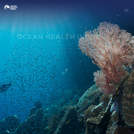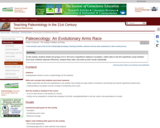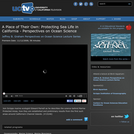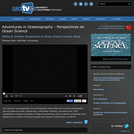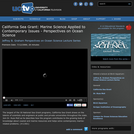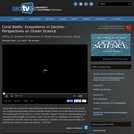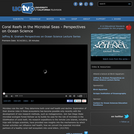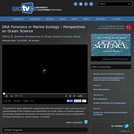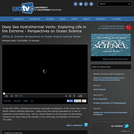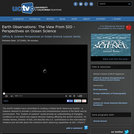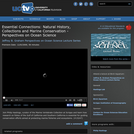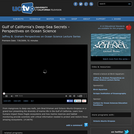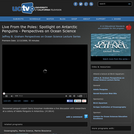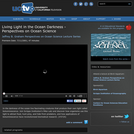
This resource is a video abstract of a research paper created by Research Square on behalf of its authors. It provides a synopsis that's easy to understand, and can be used to introduce the topics it covers to students, researchers, and the general public. The video's transcript is also provided in full, with a portion provided below for preview:
"Recognized by the distinctive white ring around its eyes, the Adélie penguin is only one of two species of penguin whose only home is Antarctica. While Adélie numbers have been observed to decline in some regions amid a changing climate, the truth is surprisingly little is known about the penguins’ actual distribution along Antarctica’s coastline. A 2015 land-and-air survey explored previously unreported colonies of Adélie here, in a cluster of ice-choked islands called the Danger Islands. The discovery could mark an important technological turning point in species tracking that would have clear implications for preserving biodiversity. Researchers conducted their survey from aboard a research vessel and on the grounds of several of the Danger Islands—only one of which had ever been inspected for Adélie penguins. They counted nests [manually], [from panoramic photos], and [from imagery captured by drones]. In all, the team tallied 751,527 pairs of Adélie penguins in the Danger Islands..."
The rest of the transcript, along with a link to the research itself, is available on the resource itself.
- Subject:
- Ecology
- Life Science
- Material Type:
- Diagram/Illustration
- Reading
- Provider:
- Research Square
- Provider Set:
- Video Bytes
- Date Added:
- 11/13/2019

